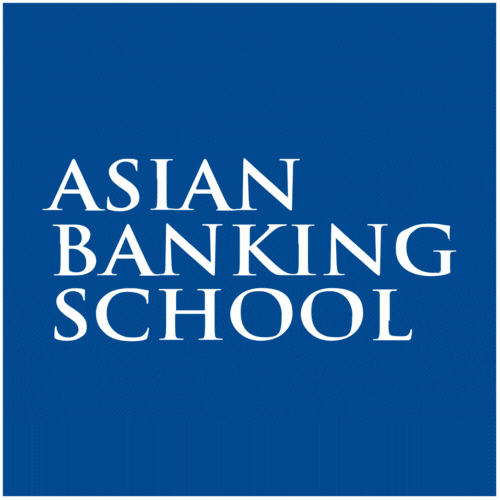By the end of the programme, participants will be able to:
- Define ethical culture within the financial sector and explain its importance for responsible AI use.
- Identify and analyse ethical dilemmas arising from the integration of AI into financial services.
- Understand key global and Singapore-specific regulations and ethical frameworks governing AI implementation.
- Apply practical decision-making tools to evaluate AI systems from an ethical perspective.
- Develop strategies to foster an ethical AI culture within their organizations, emphasizing leadership, employee training, and governance structures.

